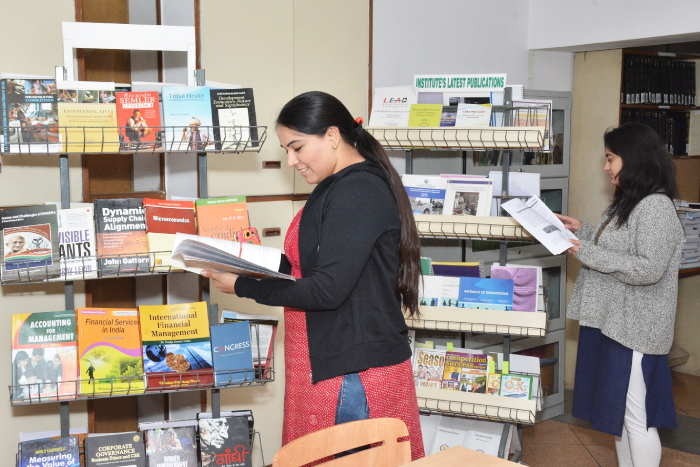Principles of Epidemiology
The course introduces principles and methods of epidemiologic investigation of infectious and noninfectious diseases. Illustrates how methods of studies of the distribution and dynamic behavior of disease in a population can contribute to an understanding of etiologic factors, modes of transmission, and pathogenesis; presents different types of study design, including randomized trials, case-control and cohort studies, and risk estimation and causal inferences; demonstrates the interface between epidemiology and the development of policy. Laboratory problems provide experience in epidemiologic methods and inferences, illustrating a common-vehicle epidemic, the spread of infectious diseases in populations, epidemiological aspects of a noninfectious disease, causality, vaccination, the epidemiological approach to health services evaluation, rates of morbidity and mortality, sensitivity and specificity, and life table methods.
At the conclusion of this course, students will be able to: describe basic epidemiologic methods and study design; critically review published epidemiologic papers and assess the validity of their design and their inferences; identify the place of epidemiology in preventive medicine and disease investigation; explain how epidemiologic methods are used to evaluate new drugs and other therapeutic modalities, the benefits of screening and early disease detection, and alternative ways of delivering health care.


